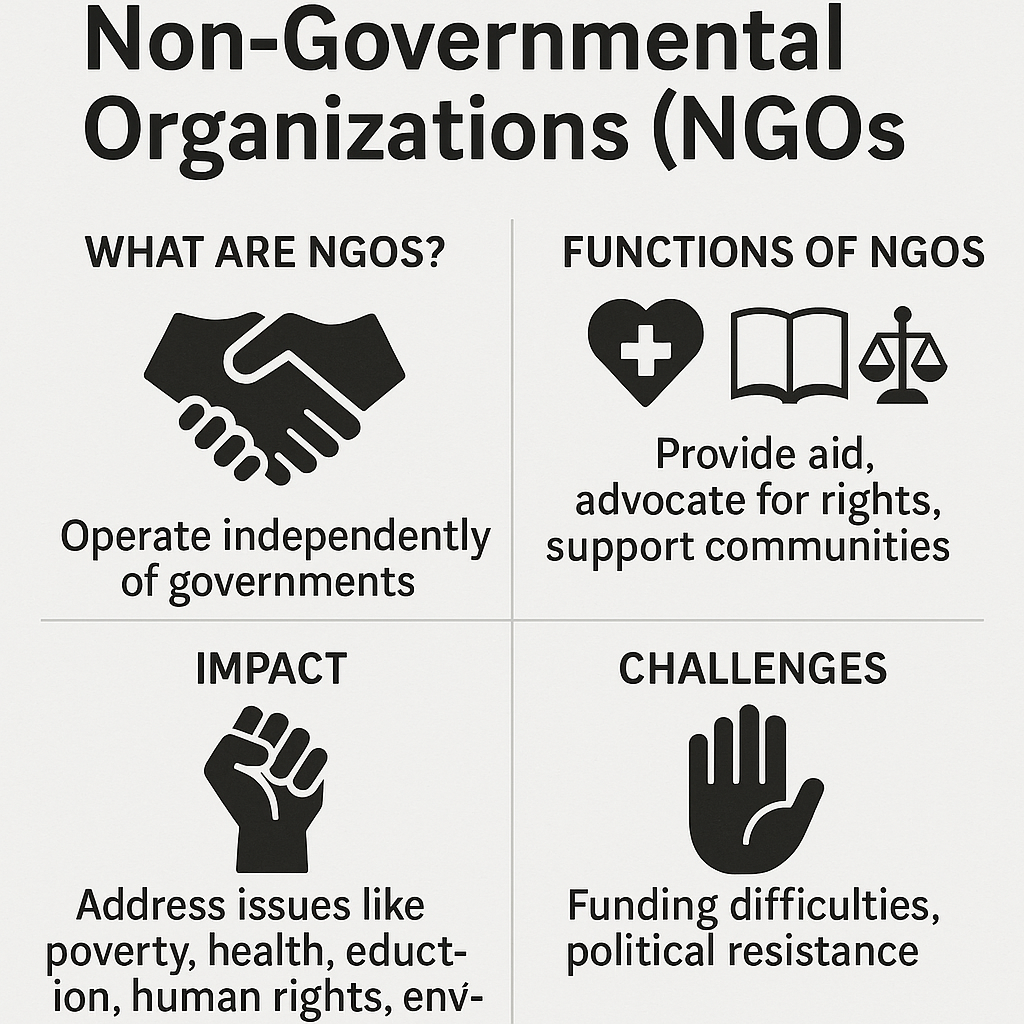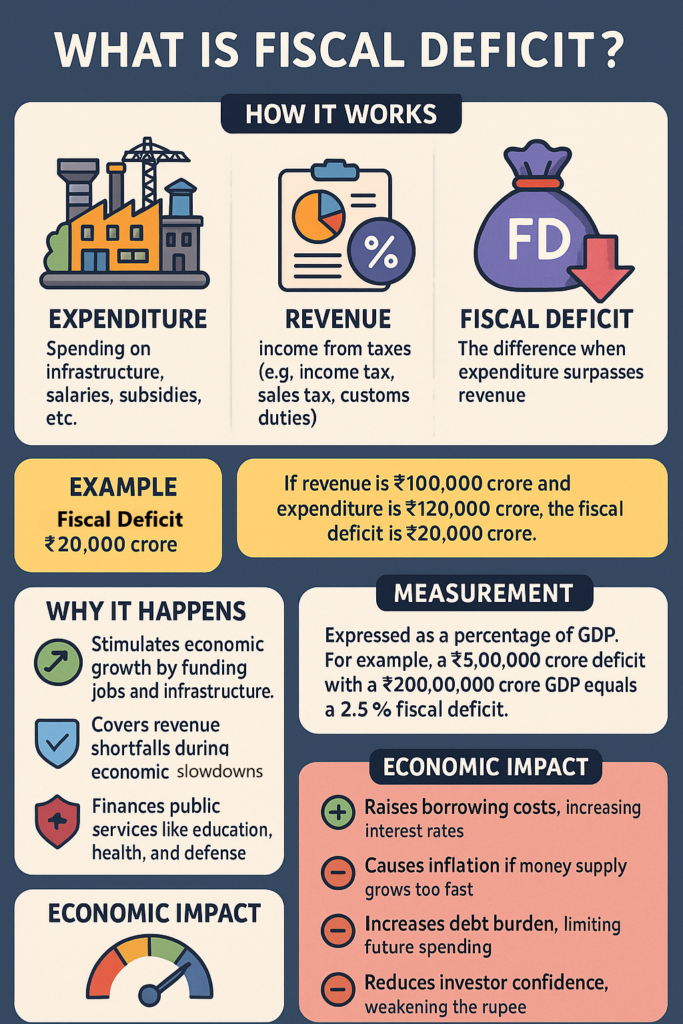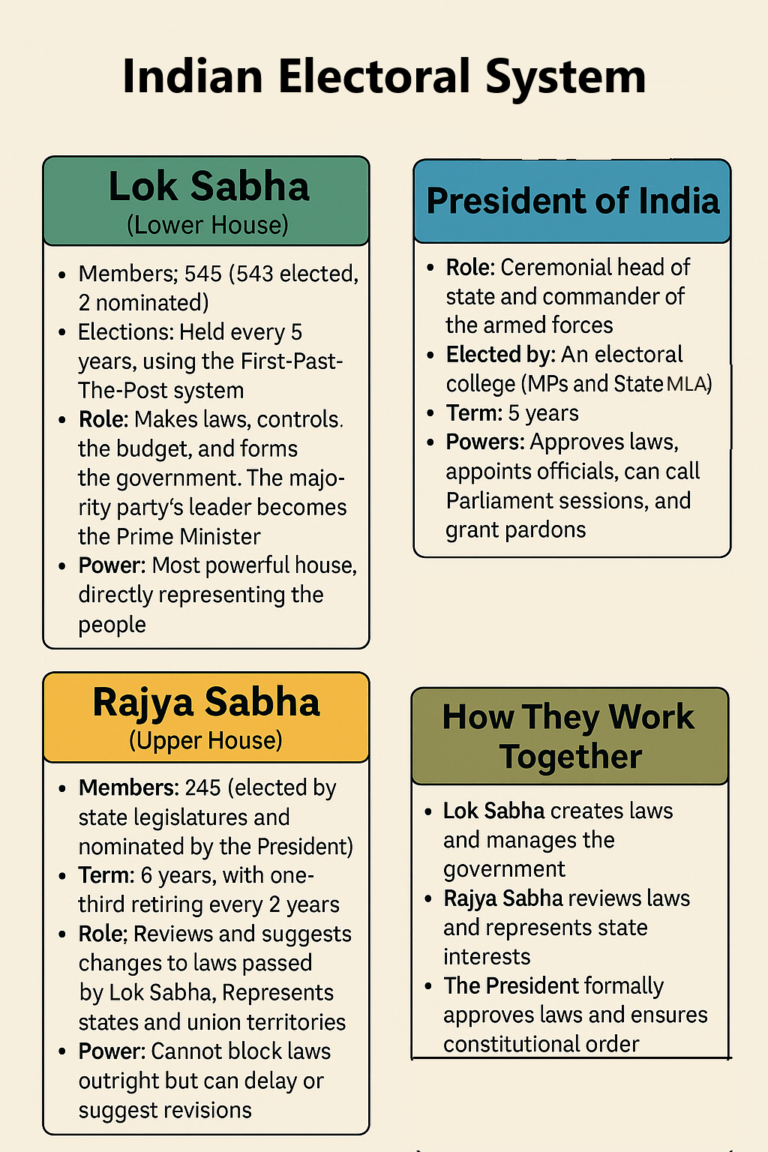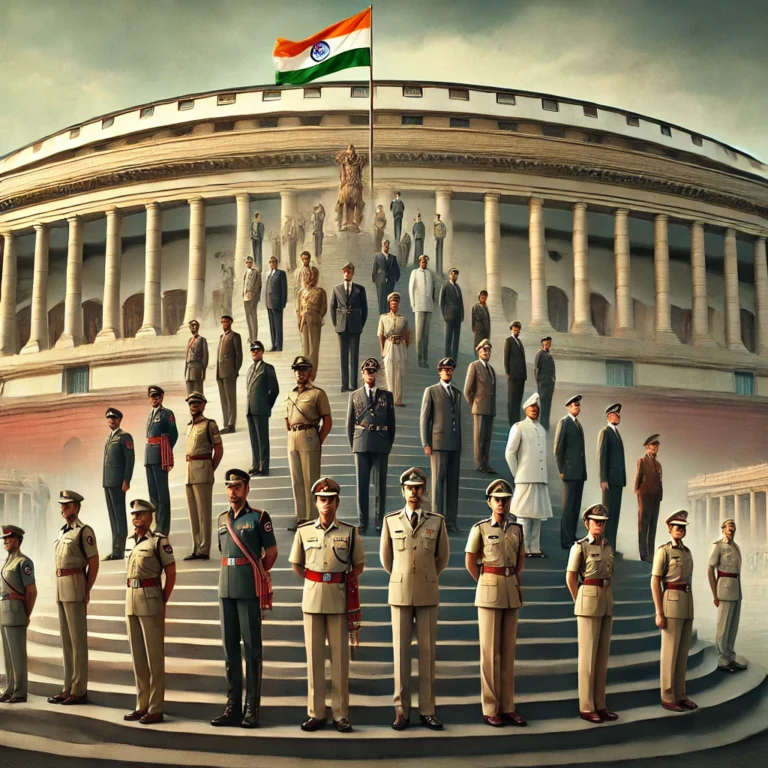The Role of Non-Governmental Organizations (NGOs)
Non-Governmental Organizations (NGOs) are organizations that operate independently of governments. They are usually created to address social, environmental, economic, or humanitarian issues. NGOs play a crucial role in improving lives, advocating for rights, and helping communities around the world. Let’s explore what NGOs are, their functions, and the impact they have on society.

1. What is an NGO?
An NGO is a nonprofit organization that works to address issues like poverty, education, health, human rights, the environment, and more. Unlike government agencies, NGOs are not part of any government, and they do not work for profit. They are driven by the desire to make a positive impact on society.
- Nonprofit: NGOs don’t aim to make money; instead, their goal is to solve problems and help people.
- Independent: NGOs are independent of any government, though they may collaborate with governments, businesses, or other organizations.
2. What Do NGOs Do?
NGOs are involved in a wide range of activities, depending on their mission. Here are some of the key things they do:
1. Provide Humanitarian Aid and Disaster Relief
When natural disasters like earthquakes, floods, or hurricanes occur, NGOs provide immediate relief. They deliver food, water, shelter, and medical care to affected people. NGOs like Doctors Without Borders (Médecins Sans Frontières) and The Red Cross are known for their disaster response efforts.
2. Advocate for Human Rights
Many NGOs work to protect and promote human rights. They campaign against injustices such as child labor, discrimination, and political repression. For example, Amnesty International focuses on fighting for the rights of prisoners and advocating for the release of people wrongfully imprisoned.
3. Promote Education
NGOs are often involved in providing education in places where schools are scarce or inaccessible. Organizations like Save the Children and UNICEF work to ensure children, especially in developing countries, have access to education, which is a key factor in reducing poverty and inequality.
4. Support Environmental Protection
NGOs like Greenpeace and World Wildlife Fund (WWF) focus on protecting the environment. They work on issues such as climate change, deforestation, endangered species protection, and promoting sustainable practices.
5. Improve Healthcare and Sanitation
NGOs also provide healthcare services, especially in regions where governments can’t meet the health needs of their people. They set up clinics, provide vaccines, run health education programs, and fight diseases like malaria, HIV/AIDS, and tuberculosis.
6. Economic Development
Some NGOs focus on helping people improve their economic situation. They might provide microloans to small businesses, offer job training, or support community projects that create employment opportunities.
3. How Do NGOs Work?
NGOs operate in many different ways, depending on their goals and resources. Here are some of the main activities they might engage in:
1. Fundraising and Donations
NGOs rely on donations from individuals, governments, foundations, and corporations to fund their work. Many NGOs hold fundraising events, conduct awareness campaigns, or have donation programs that allow people to contribute money to causes they care about.
2. Partnerships and Collaborations
NGOs often work with other organizations, local governments, or international bodies (like the United Nations) to make a bigger impact. Through these collaborations, they can pool resources, share expertise, and reach more people.
3. Advocacy and Lobbying
NGOs play an important role in influencing policies and laws. They raise awareness about issues and push governments to make changes that benefit society. For example, NGOs might campaign for stricter environmental laws or advocate for better access to healthcare.
4. Volunteer Work
Many NGOs rely on volunteers to help carry out their work. Volunteers can help with everything from disaster relief to providing education or even working in offices. Volunteers are essential in making many of the programs and initiatives possible.
4. Examples of Well-Known NGOs
- Red Cross / Red Crescent: Provides disaster relief, health services, and supports humanitarian work during crises.
- World Wildlife Fund (WWF): Focuses on protecting wildlife and the environment, including fighting climate change and preserving natural habitats.
- UNICEF: Works to protect children’s rights, including access to education, healthcare, and protection from violence.
- Doctors Without Borders (Médecins Sans Frontières): Provides medical care to people in crisis zones, including during conflicts and natural disasters.
- Oxfam: Works to reduce poverty and inequality worldwide, focusing on education, health, and economic development.
5. Why Are NGOs Important?
NGOs play a critical role in making the world a better place. Here are a few reasons why they are so important:
1. Address Gaps in Government Services
In many parts of the world, governments may lack the resources or infrastructure to address all the needs of their citizens. NGOs often step in to fill those gaps, providing vital services in health, education, and social support.
2. Advocacy for Social Change
NGOs can raise awareness about important issues and advocate for policy changes. They often push governments to address long-standing problems, such as poverty, gender equality, or climate change.
3. Global Reach
NGOs can work on a global scale, making them a powerful force in addressing international issues. For example, organizations like Greenpeace and Doctors Without Borders have a worldwide presence, helping to solve problems in multiple countries simultaneously.
4. Encourage Grassroots Movements
NGOs often work directly with local communities, giving people the tools, resources, and support they need to make changes in their own lives. This grassroots approach empowers people to become active participants in their own development.
6. Challenges Faced by NGOs
While NGOs do important work, they also face challenges:
- Funding Issues: NGOs rely heavily on donations and grants, which can be unpredictable. Without steady funding, it can be difficult for NGOs to maintain their programs and services.
- Political Obstacles: In some countries, NGOs face restrictions or even hostility from governments that may not want external organizations to influence their policies.
- Complex Needs: The issues NGOs tackle are often complex, like poverty or climate change. It can take many years of hard work to see meaningful change.
7. In Summary
Non-Governmental Organizations (NGOs) play a vital role in addressing the world’s most pressing issues, such as poverty, health, education, human rights, and the environment. They work independently from governments to provide aid, advocate for change, and support communities. NGOs make a huge impact by offering services, raising awareness, and driving social and political change. Despite facing challenges like funding and political resistance, they continue to be a force for good, improving lives and creating a more just and sustainable world.











